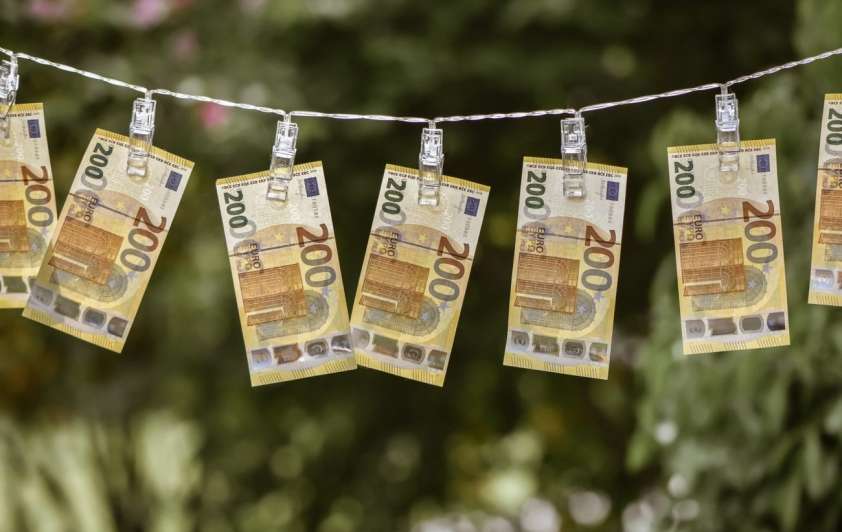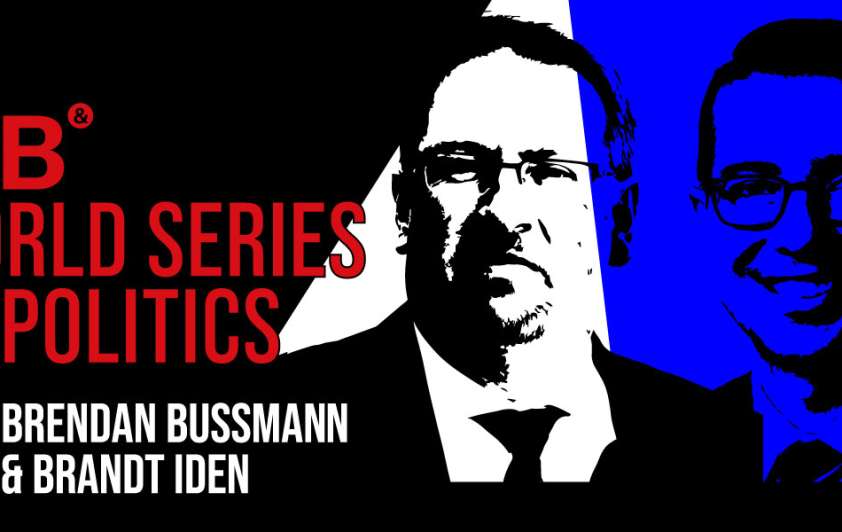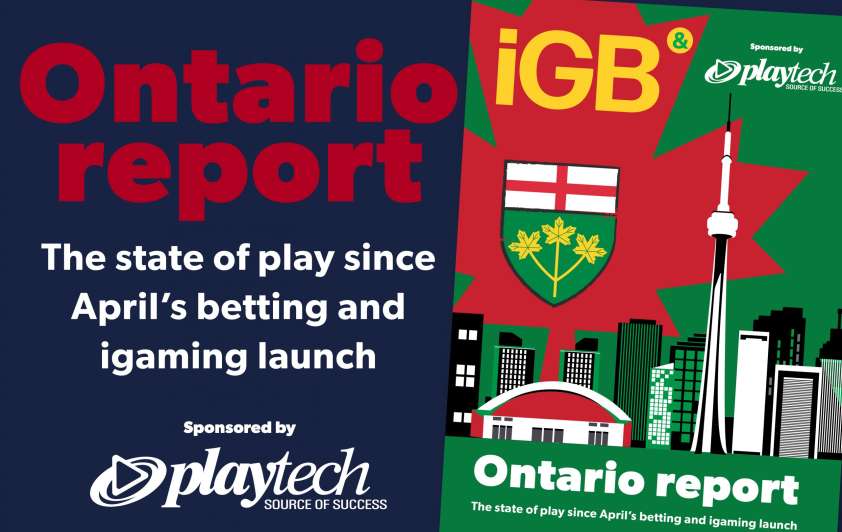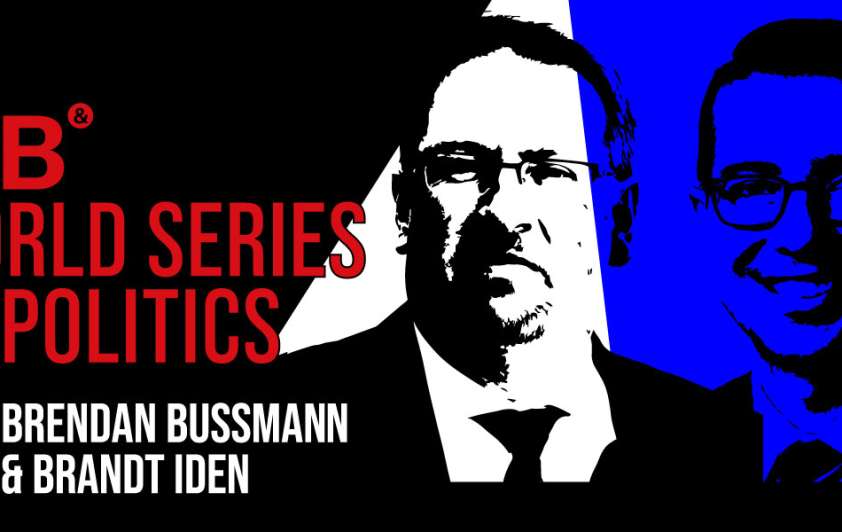The European Commission has raised the threat level for money laundering in online gambling to its highest possible rating, and called for lower thresholds for due diligence checks to prevent criminal activity.
The European Commission carries out periodic supra-national risk assessments, determining the risk of money laundering and terrorist financing across the European Union in various sectors. The 2022 edition is the third such risk assessment, after previous versions in 2017 and 2019.
“As with the previous reports, this third edition analyses the present ML/TF risks and proposes comprehensive action to address them,” the European Commission said. “It also assesses the degree to which the Commission’s recommendations for mitigating measures in the 2019 report have been implemented and evaluates the remaining risks.”
One area of particular focus in the report was gambling, with each gambling vertical receiving its own risk assessment.
Online gambling was found to be especially vu..












